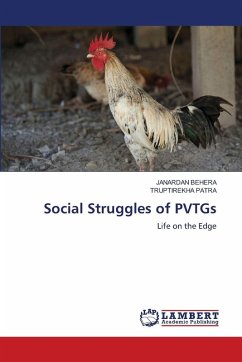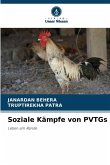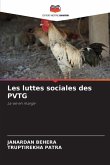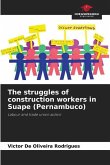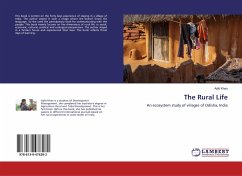As a sociologist committed to exploring structures of marginality, state-society relations, and the resilience of Indigenous cultures, this book arises from years of empirical observation, ethnographic engagement, and policy critique. It is a culmination of fieldwork, archival study, and sustained dialogue with tribal communities, grassroots organizations, and public institutions across central and eastern India. More than a compilation of developmental statistics or welfare indicators, this work is an interpretive journey through the moral, cultural, and political landscapes that define tribal life under a modernizing state. India's tribal populations diverse, internally differentiated, and often geographically isolated have historically occupied a paradoxical space. While constitutionally recognized as subjects of protection and affirmative action, they have simultaneously been the targets of extraction, displacement, and cultural assimilation. Their lands are deemed rich in minerals, forests, and water yet their societies are frequently framed as backward, in need of civilizational upliftment.
Bitte wählen Sie Ihr Anliegen aus.
Rechnungen
Retourenschein anfordern
Bestellstatus
Storno

